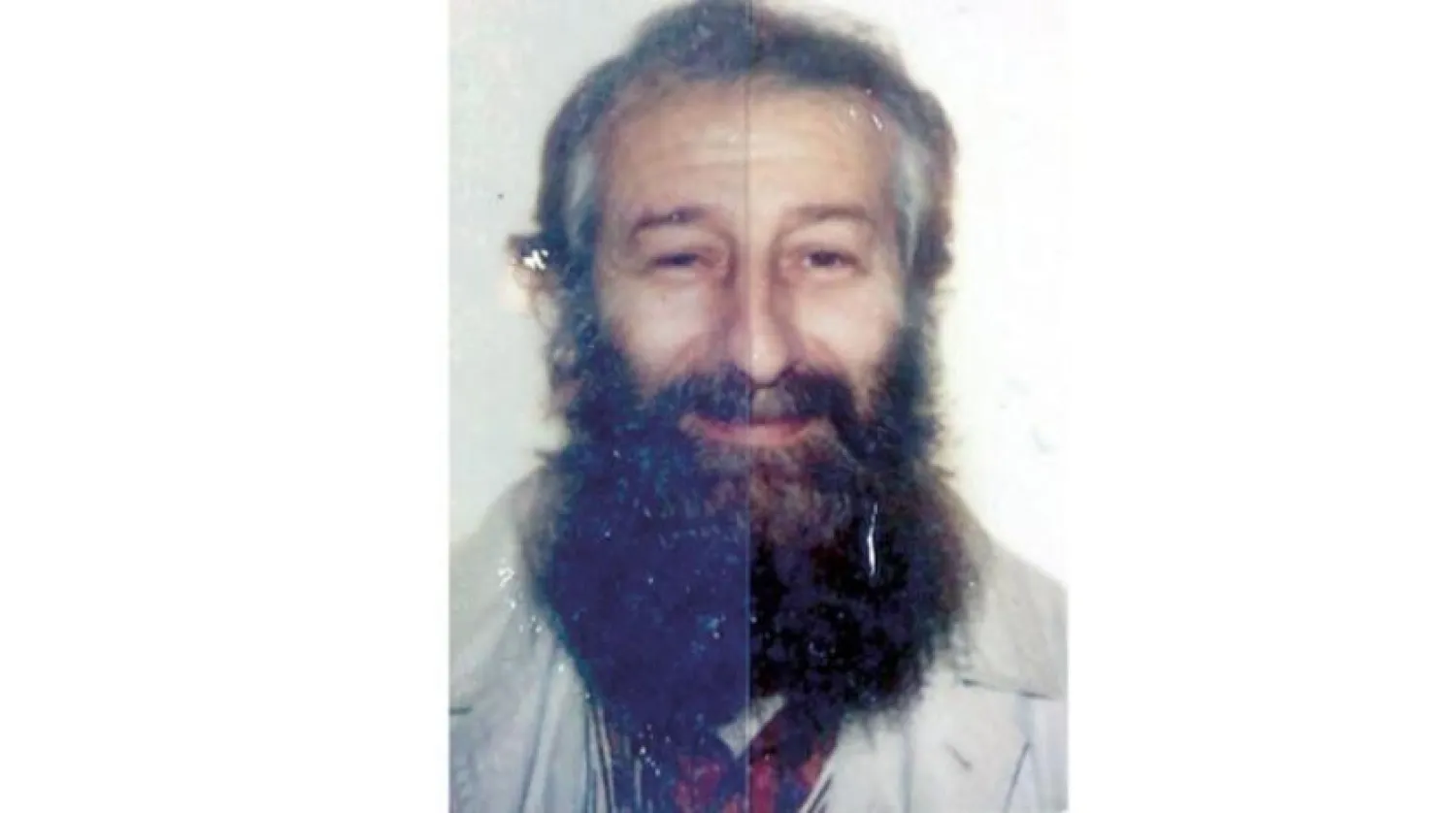French-Syrian imam Bassam Ayachi was sentenced in Paris to five years in prison for association with terrorist criminals.
Considered in Belgium as a veteran radical, the 75-year-old sheikh was tried in April in the French capital for his role in Syria’s Idlib region between 2014 and 2018, AFP reported.
The court said he belonged at the “Ahrar al-Sham” terrorist group and headed its public relations office in Idlib.
A video released in March 2015 showed Ayachi entering Idlib like a warlord and giving instructions, and then standing behind a banner of then al-Qaeda-affiliated al-Nusra Front, the judge said.
She added that he also “merged military groups” and “controlled justice.”
The judge affirmed that Ayachi provided information to Belgian and French intelligence services. However, his offenses cannot be overlooked.
“The French law does not provide any exemption for police informants,” AFP quoted the magistrate as saying.
The court nevertheless decided to take this given into account.
The judge said the Defense Ministry refused to declassify documents during the investigation process, but this won’t harm Ayachi, whose rendered services can’t be denied.
The anti-ISIS sheikh, who lost his arms in Syria, was absent for the court ruling.
During the trial, he had condemned the “terrorist bastards,” stressing that he “served his people in Syria and preserved his people in France.”
Ayachi’s bodyguard, the French hardliner, Hachimi M., was sentenced to 10 years in prison for being a member of Ahrar al-Sham and a Nusra-affiliated sniper unit.
The 33-year-old computer engineer claimed he had traveled to Syria for humanitarian reasons and was given orders by Ayachi.
However, the court considered that he was into al-Qaeda’s ideology.
The defendants' lawyers declined to comment. They can appeal the two verdicts.









